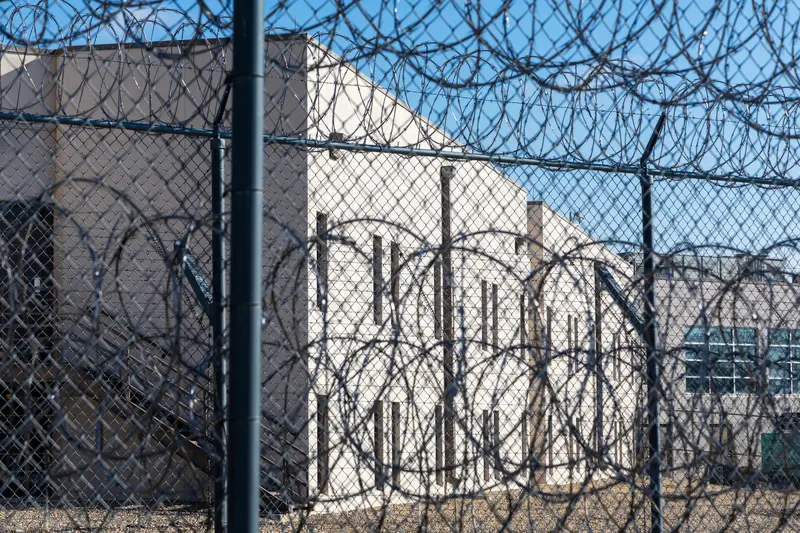After decades of detaining psychiatric patients in maximum security prison cells, Idaho is finally on the verge of building a secure mental health facility that would house those with serious mental illness more humanely.
Idaho Gov. Brad Little on Monday signed into law a bill, passed with bipartisan support, to allocate $25 million to construct a facility. It would have 26 beds, with 16 dedicated to patients who display violent behaviors and whose mental illness is so severe that they are put into involuntary treatment by court order.
The action follows a ProPublica article in December that found that Idaho lawmakers and state officials were told at least 14 times since 1954 that the state needed a secure mental health unit, separate from a prison, and at least eight times since 1974 that locking away patients without a conviction could violate their civil rights and invite a lawsuit. The patients haven’t been convicted or, in many cases, even charged with a crime.
Idaho Department of Correction Director Josh Tewalt reiterated the need for a new facility in February, when he presented the agency’s budget to the Joint Finance-Appropriations Committee. Tewalt had just toured the prison’s psychiatric unit with the governor and lieutenant governor, and they saw four patients that day “that were civil commits, that had never been convicted of a crime, that are being housed at the Idaho Maximum Security Institution,” he told the committee.
Idaho’s prison staff are expected to provide mental health care in a place “that was designed specifically to incapacitate,” Tewalt said.
“It’s a practice that has a significant amount of risk for us as a state,” he said. “Not having a secure environment that is not a prison is — is problematic. And other states have dealt with the consequences of that through judicial intervention. So, I think this is a problem that isn’t going to go away. It’s one that continues to worsen.”
The Idaho Department of Correction doesn’t yet know the timeline for construction of the facility, which is expected to go on state-owned land south of Boise.

Credit:
Sarah A. Miller for ProPublica
Mental health advocate Marilyn Sword was among the first to warn Idaho legislators in the 1970s that it was unwise, and maybe illegal, to put a corrections agency in charge of noncriminal patient care. That was sold as a temporary arrangement while the state created a secure unit.
“Who knew ‘temporary’ would be 50 years!” Sword told ProPublica in a text message last week. “I will be watching what happens with location and construction and, of course, an appropriation to [the Idaho Department of Health and Welfare] next year to staff the unit.”
Little attempted in 2023 to get funding for a new facility, but the Legislature’s budget committee declined to vote on it.
A month after ProPublica’s article, Little brought back his proposal.
The budget committee voted almost unanimously last month to approve the new facility.
Members of Idaho’s Republican-controlled House and Senate approved the funding package last week.
Rep. Wendy Horman, a Republican from East Idaho who co-chairs the budget committee, told ProPublica that, when she saw the article in December, she immediately called the Legislature’s budget division manager and spoke with Tewalt.
Horman said the catalyst for her decision to support the project was simple: This time, she had more information.
“I do think that brought attention to the problem,” Horman said of ProPublica’s reporting.
Tewalt said the article “absolutely” played a role in legislators’ decisions about funding the facility.
The reporting seemed to create among policymakers “almost a sense of urgency to understand this issue better, to figure out how they could try to be helpful in solving,” he said. “And, you know, fortunately, it came at a time where it’s not because we’re being ordered by the courts to do something.”

